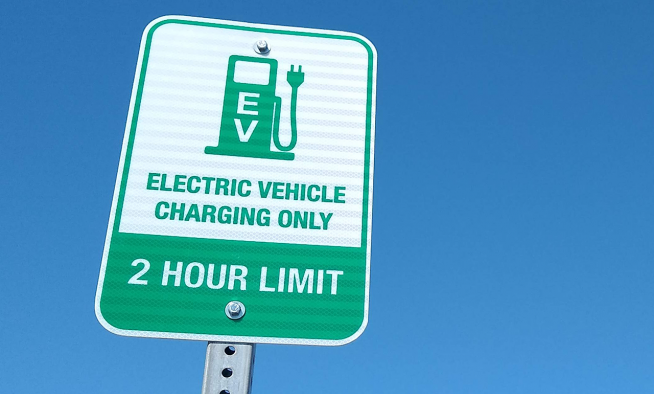Cape Cod Commission GIS Applications honored at regional conference
In November, the Cape Cod Commission took home two awards for GIS applications presented at the annual Northeast ARC Users Group (NEARC) Conference. Commission staff regularly present at this conference and have developed a reputation for creating decisions support tools with regional applicability in addressing some of Cape Cod’s biggest challenges. This year, the Commission’s Electric Vehicle Charging Station Screening Tool and Utility-scale Solar Screening application both tied with another in the category of most impressive use of GIS for analysis or to solve a problem.
The NEARC conference takes place every fall and rotates venues across the region. This year’s conference was held virtually due to the ongoing COVID-19 pandemic. The conference is attended by GIS professionals across the Northeast, as well as staff from GIS software company Esri who highlight upcoming software enhancements and new tools. Presentations and posters give participants the opportunity to get feedback from peers and see other innovations happening in the community.
About the Cape Cod Commission’s winning applications:
Large-scale Solar Screening Tool
Designed for anyone interested in developing large-scale solar facilities, the Utility-scale Solar Screening Tool helps to identify more appropriate, high to moderate built areas. The tool organizes pertinent information into four groups: Solar Appropriateness; Built Features; Natural Features; and Contextual Features. The Solar Appropriateness layer demonstrates the relationship between the built and natural environment. The layers that informed the Solar Appropriate layer are found in the Built and Natural features groups. Finally, there is a contextual layer that includes features like 3d buildings and Eversource hosting capacity. Though the Appropriateness Scale is applied to parcels in their entirety, using the features in the other groups can highlight specific areas on a parcel that may be more or less appropriate for solar.
Siting Electronic Vehicle Charging Stations
The transportation sector accounts for the largest portion of greenhouse gas emissions on Cape Cod. One way to reduce GHG emissions and slow the effects of climate change is to support the increased adoption of electric vehicles and the infrastructure necessary for their use, such as publicly available charging stations. This analysis includes information on the current state of electric vehicle charging stations on the Cape, such as the types of locations that currently host charging stations, an interactive map representing the distribution of the network across Cape Cod, and identification of areas suitable for future infrastructure.




